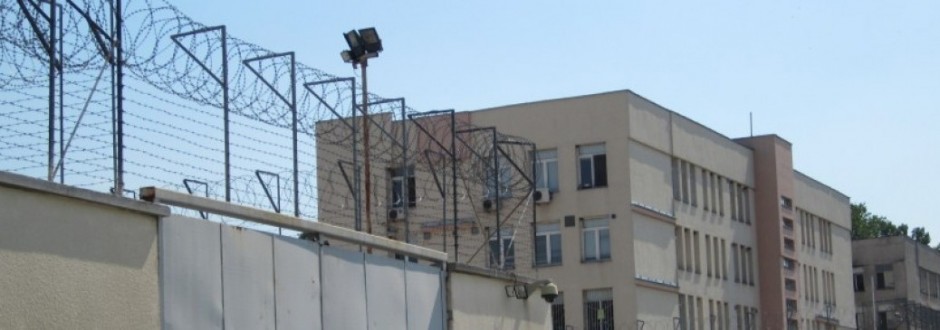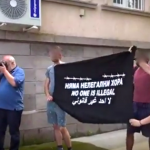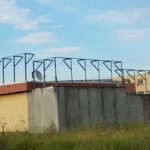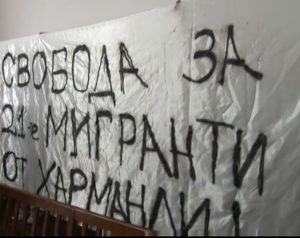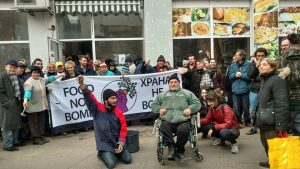On Tuesday (2nd of October) a Bulgarian border police patrol discovered a group of three people from Afghanistan and two people from Pakistan, near the Bulgarian-Greek border around the little village of Siva Reka. The group reported to the police that they had to leave one man from Pakistan in a helpless condition near a forest, next to the village. The border police searched for the person and found him „obviously heavily exhausted“. The Bulgarian Ministry of Interior (MoI) reported that the man was sent into a hospital, but died on Tuesday evening. The region with the border triangle (Greece, Bulgaria and Turkey) is a transit region for migrants. Already in 2011, a No Border Camp took place in Siva Reka to address the topic of migration in its surrounding area.
In its recently published report the Foundation for Access to Rights (FAR) states that in Bulgaria “(…) detention has remained the main tool for migration management and recourse has even increased. Furthermore, the length of immigration detention has also increased.“ In 2017 the Bulgarian authorities arrested 2,989 people, which where marked as “illegal migrants“ by the MoI – 736 of them were children and 737 were women.
